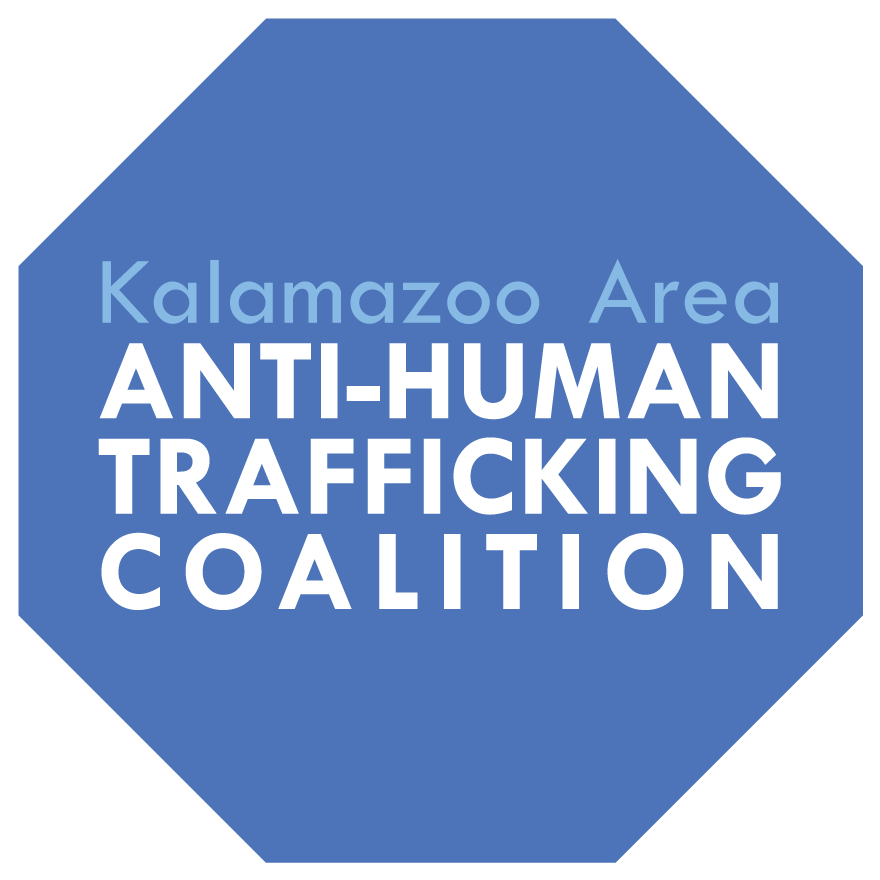What is human trafficking?
There are many misconceptions about human trafficking. According to U.S. federal law, human trafficking is defined as anyone of any age being forced or deceived into providing commercial sex acts or labor of any kind. No borders have to be crossed, no smuggling has to happen, and it doesn’t only happen in third-world countries. It happens everywhere.
Simply put, human trafficking is modern-day slavery.
And there are more slaves today than at any other time in history. Trafficking is the second-largest criminal industry in the world, after drugs. The demand for under-age sex providers is high–and so is the supply. The demand for cheap products made by slaves is high–and so is the supply. The good news, however, is that whenever oppression runs rampant, people rise up to fight.
View the 2021 report from the Michigan Commission on Human Trafficking
What does a human trafficking victim look like?
A person might be a human trafficking victim if they:
Are not free to come and go
Receive little or no compensation for work
Work excessively long hours
Do not have access to their ID, passport, money, or cell phone
Are not allowed to speak for themselves; a third party insists on speaking for them
Are scared of law enforcement
Exhibit anxious, depressed, submissive, or defeated demeanor
Show signs of abuse or neglect
Owe a large debt they cannot pay off
Are unable to say exactly where they live
Were recruited under false promises regarding the nature and conditions of his/her work
Are involved in the sex industry and is under 18
Are involved in the sex industry and has a pimp/manager
Signs of Domestic minor sex trafficking.
A minor might be a victim of sex trafficking if they:
Have unexplained hotel room keys
Have numerous school absences
Have an unexplained tattoo (some pimps “brand” their workers)
Have false ID’s and lies about their age
Are dating much older, abusive, or controlling men
Have large amounts of unexplained cash, jewelry, or new clothes
Disappears for blocks of time
Lacks knowledge about the community or location they are currently in
Have a cell phone not paid for by parents or guardians
Exhibits fearfulness and an unwillingness to make eye contact
What do I do if I suspect trafficking?
Get as much information about the possible victim or sketchy situation as you safely can
Call the National Human Trafficking Resource Center hotline: 1-888-3737-888 or text INFO or HELP to BEFREE (233733)
If you or anyone else is in immediate danger, call 911
